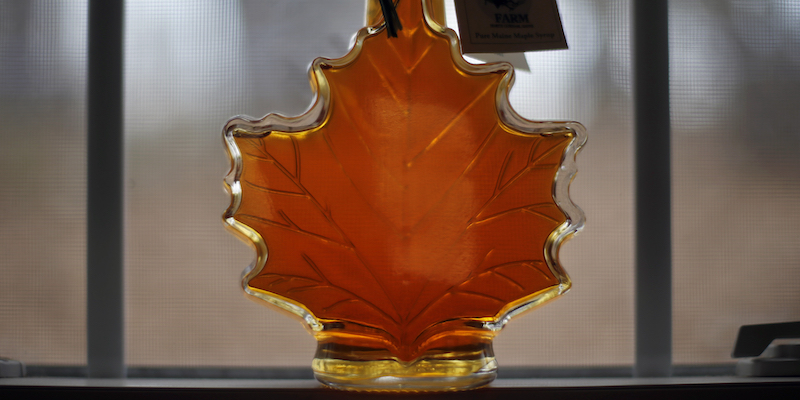Maple syrup would not exist at this time without the Canadian national presence in Laureville, Quebec, not just in American supermarkets. Producer organization that controls it, Producteurs et productrices acéricoles du Québec (PPAQ), He said Bloomberg It will bring about half of the approximately 16 million liters of spare maple syrup to market to meet the demand. This is more than a third of this year’s production.
Canada, the world’s leading producer of maple syrup, is a sweetener used in many dessert products, starting with pancakes, especially in North America. More than 70 percent of world production comes from Quebec, a Canadian French-speaking region. Between 2020 and 2021, production fell 24 percent, while overseas demand increased: between January and September, exports increased by 21 percent compared to the same period of the previous year. The United States is the major importer of 60 percent of Canada’s maple syrup.
Syrup is obtained by boiling sugar maple extract (Acer Sacharam) And black maple (Black maple sugar), A species and branch of trees. The liquid flows drop by drop from some of the canals inserted into the trunk, formerly directly into the buckets, and now it is collected with more complex systems. To make one liter of syrup, about 40 liters of juice is required.
The syrup is not easy to obtain, and production varies considerably from one year to the next, as it depends on climatic conditions. The juice is collected in early spring, late February and late April, because it flows only when it freezes and then thaws when there is a change in temperature between hours of night and light. If a spring season in Quebec is as mild as this year, production time will be shorter.
To cope with the decline in production, the National Syrup Reserve was established in 2000, which ensures that it is always on the market: each manufacturer sells its own to the manufacturer’s company, which sells in bulk, and in the long run, a share is reserved for the future.
The reserve is used by the PPAQ, a type of cartel that is effectively supported by the Canadian government, which is used to control prices and control production. In the last three years, there has never been a need to rely on stocks, and since 2008, not so much syrup has been taken. Next year, to meet the increase in demand and the black market of maple syrup, PPAQ will allow manufacturers to increase the number of trees from which it is produced.
Canada’s maple syrup stockpile has already been mentioned in international newspapers in 2012, with thousands of tonnes stolen in a single year.

“Total coffee junkie. Tv ninja. Unapologetic problem solver. Beer expert.”


